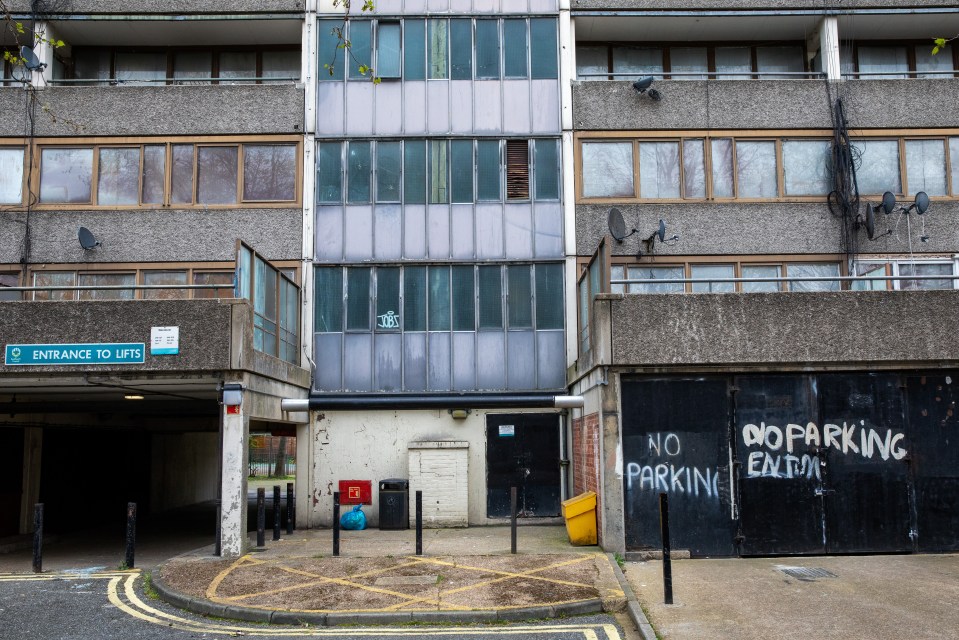The housing crisis speaks to unique social injustices – and is distinctly acute in London
There are overcrowded families living with mould, and schools referring the poor housing of their pupils to the Housing Ombudsman. This housing crisis is ripping our country apart, writes Richard Blakeway
What’s your housing crisis? Few are untouched by this dysfunctional housing market. Every week I investigate cases involving young professionals facing service charge hikes, overcrowded families living with mould, and elderly couples desperate for a home suiting their needs.
I have witnessed a profound shift in who is coming to the Ombudsman, where we are now undertaking 10,000 investigations a year. Reports of mental or physical health decline – because of poor living conditions or disabilities being overlooked – are common. I’ve seen schools writing to landlords about the poor housing of their pupils. This crisis is limiting social mobility, disrupting communities and holding back the economy. London is the epicentre of this national crisis – half of complaints are here.
Every day I see the trade-offs and invidious choices this perfect storm creates in housing management. Difficult decisions are made over whether to repair, to rebuild, or rehouse. I see some appalling conditions and residents treated in dehumanising ways. I also see heroic housing professionals, let down by systems, data or leadership. There is a wider debate to be had about ensuring these issues are fixed so these dedicated professionals can stay in this vital sector.
While there is no shortage of ideas to solve the housing crisis, most struggle to address its scale, complexity or root-causes.
Ultimately, what we really need is an unprecedented building programme to replace those homes which are no longer fit for purpose. But no building programme will be fast enough for the residents who are contacting us every 60 seconds – a rate which is turning us into an emergency service. So, investing in existing homes must be a priority alongside building new ones. Disrepair cannot be isolated in the housing crisis; it’s integral to a wider housing strategy.
Yet, ultimately, there is one building material that matters: money. There needs to be significant capital investment, both public and private. That capital should be patient – as solving this crisis will take time. There also needs to be investment into housing professionals to attract talent and develop skills. Last year, I ordered more than 6,000 remedies to put things right – roughly one every ten minutes – including a record £1m compensation. These remedies are necessary and hold landlords to account, but with greater investment, we would ultimately see fewer problems to remedy.
Until this housing crisis is addressed, we will continue to see rising casework. Complaints provide lessons on how to tackle the crisis. Key insights include better data and information management. Records can be poor and this can lead to extensive delays and unresponsive landlords. Poor systems were exposed by Grenfell but run wider. Next, there is the erosion of trust. Our latest Spotlight report showed one in five repairs appointments are missed. These failings are often compounded by poor communication.
Finally, there’s the culture aspect. Our work reflects the everyday experiences of people navigating this housing crisis, both residents and landlords. The scale of the challenge risks normalising some poor staff behaviours. Legitimate resident concerns can be dismissed or mishandled because of the sheer volume of calls. Unacceptable responses can become accepted practice. Staff can be apathetic about the prospect of change with too little time, resource, or senior support. Whatever the pressures, landlords cannot lose sight of respect, and complaints are an indicator for senior leaders of culture and behaviours.
Secure housing is a basic human right. Social landlords have a proud history of tackling social injustice and this housing crisis speaks to new social injustices in health, equality and race. Any housing strategy has to listen to residents and be bold enough to rise to the challenge.

